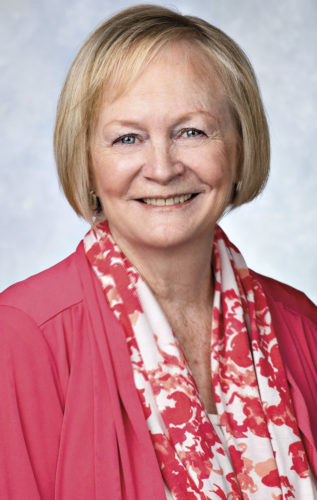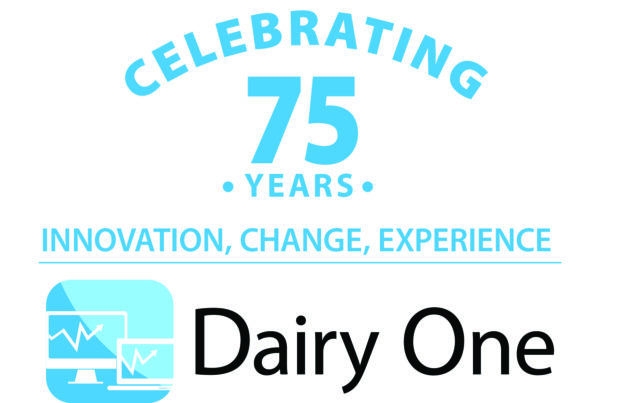Dr. Jong Duk Kim, a professor at Cheonan Yonam Agricultural College in South Korea, was introduced as a visiting scientist, hosted by the forage program at University of Kentucky. Dr. Kim manages the research and extension center and coordinates variety testing of warm and cool-season annual forages in South Korea.
Lukas Wolters, the senior manager of breeding grasses at Euro Grass Breeding GmbH & Co. KG, also attended the tour. Wolters was here from the Netherlands on a company business trip. During his time here, he visited his company’s test plots in the U.S., met with Agriculture Research Services in Logan, Utah, regarding a joint research project with them, discussed the genetic material available here with universities and plant breeding companies, and talked to seed salesmen interested in selling European seed in the U.S.
Ken Groppel from Iowa added to the international discussion by relating his two-year experience teaching Afghan farmers to pull out opium crops and grow corn instead. During this time Groppel worked for the U.S. State Department and now serves as a consultant while farming his own place in Iowa.
Seminars kicked off the three-day event on forage research, mob grazing, intensive grazing, plant growth effect on management and weed management presented by research and university staff. Several research plots involved switchgrass and miscanthus as biofuel, and low-lignin alfalfa trials. A dinner cruise on beautiful Raystown Lake concluded the first day’s events.
Farm tours on the second day began with a tour of Penn State ag research facilities in Happy Valley and a showcase of research trials. The next stop was Byler’s dairy where the theme of the crossbred herd was “anything but Holstein.” This seasonal dairy used an intensively managed rotational grazing system. The calf program was particularly impressive, listing only one death loss in two years.
Next stop was Kish Dairy in Big Valley, showcasing a $1.2 million methane digester. Brothers Keith and Kent Spicher operate this 440-cow dairy with their father, David. Heat and electricity generated from the digester engine circulates through the barns and other facilities in winter, and also heats the homes.
Tour buses next headed to David Yoder’s dairy near Belleville, featuring a robotic milking system for 100 cows. Yoder farms, milks and feeds 100 cows without any employees due to the efficiency of the two-stall robotic milking system.
Last stop on the second day’s tour included a lamb supper prepared by Hameau farm and girls’ camp operated by Audrey Rodgers. While a working, rotational grazing farm, this facility also hosts summer sessions for girls in a working farm setting to bring ag awareness to youth. The girls are expected to help with feeding and milking Ayrshires and various other livestock, gardening and numerous farm chores. The girls also help with cooking, as well as learning sessions to gain experience with agriculture products and topics, and include crafts and music projects.
The final day of the circuit included a tour of the New Holland – Case IH manufacturing plant in New Holland, Pennsylvania. This lunch and four-hour tour walked participants through the process of making balers and other hay equipment, from forming the machine’s mainframe to the final paint, powder coat and decal process. Highlights of this tour included watching the specialized laser-guided and robotic-driven machinery, seeing the workers in action and appreciating the growth of a successful American agricultural company.
Pennsylvania Forage and Grassland Council is dedicated to the production and utilization of quality forage and grassland, and is an affiliate of the American Forage and Grassland Council. For more information on how to become a member or to view upcoming events, go to the Pennsylvania State University forages website or the American Forage and Grassland Council website. Look for more coverage of this event in upcoming features. FG
Be sure to view the Pennsylvania Forage and Grassland Council summer forage tour's slideshow.










